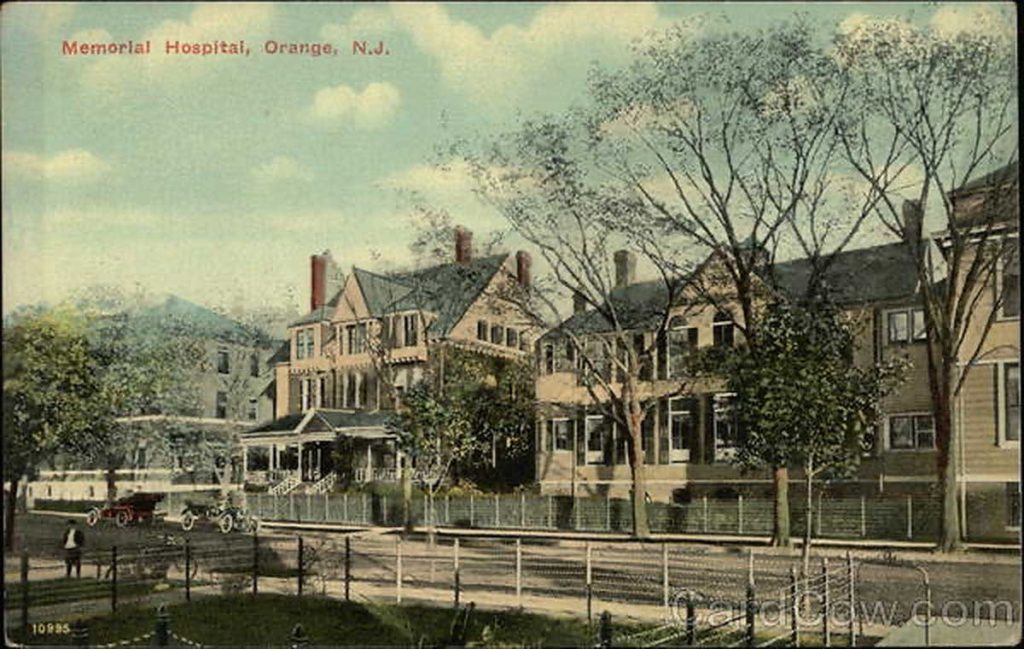
Preservationists are locking horns with the city government in Orange over a redevelopment plan that endangers important historic sites, including the Orange Memorial Hospital.
Although the hospital is a local historic landmark, a redevelopment designation allows the city to circumvent the HPC and zoning board of adjustment to demolish certain sites within the area, Jody Leight, a historic preservation commissioner, said.
“What they really want is control of the hospital site, but they know spot zoning is illegal,” Leight said.
In February, the planning board approved a study by the Nishuane Group that recommends designating 643 parcels of land bounded by the city’s two train stations.
“This area has already been designated in 2003, but there has been significant development since the previous designation,” said Mrunmayee Atre, an associate at the Nishuane Group. “It needs to be consistent with the new 2018 master plan. So this reinvestigation has been conducted to determine that properties are still eligible for the criteria.”

This designation would allow the city to invoke eminent domain to seize 65 of those parcels.
“We vigorously oppose the inclusion of the property with respect to eminent domain,” said Robert Goldsmith, a lawyer for the current owner of the hospital. “The contract purchaser has been in good faith negotiations with the city for months. He has retained a team of experts to market the property and lead redevelopment efforts.”
A lawyer for the city admitted that the hospital site, which has lain abandoned since it closed two decades ago, was a focus of the plan, but vowed to protect local landmarks. “We’re not destroying any historic properties,” Joseph Wenzel said. “We’re not trying to upset the applecart here. We’re not trying to displace anybody.”
Community leaders, however, are taking that commitment with a grain of salt as the city has a history of breaking promises when it comes to historic sites. A 19th-century Gothic revival home at 376 Clarendon Street was demolished for a parking lot, despite an agreement from the board of education to spare the home, Leight said.
In anticipation of the council’s approval of the study, the HPC passed a resolution at its last meeting requesting that the city council leave in place the commission’s ability to retain oversight of local landmarks.
A few stages remain before any development or condemnation can happen. If the city council approves the study at an upcoming meeting, the planning board has to draft a redevelopment plan, which the council then must adopts. Finally, the city council would need to select a redeveloper and negotiate an agreement.
The resistance to the designation continues to grow among residents who believe these designations should incorporate input from the community, as well as require more than four site visits that Nishuane Group used to conduct the study.
Orange Memorial Hospital, which is listed on National Register, dates back to the 19th century and its nursing school, founded in 1883, was one of the nation’s first. The current structures were built between 1906 and 1963, funded by pre-eminent philanthropic families like the Sticklers and Colgates. Theories about why the hospital closed in 2004 were explored in a Jersey Digs report. Whatever the case, many feel it was an untimely end to a prestigious institution. The area has become an eyesore and a hotbed of criminal activity, Leight said.
Karen Jeffries-Wells, who cofounded the commission seven years ago, along with Leight, told Jersey Digs last year, “Over the years, I’ve seen too many historic buildings ignored or torn down, and this is not going to happen anymore.”


